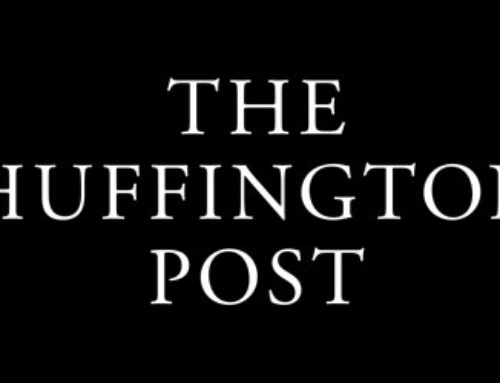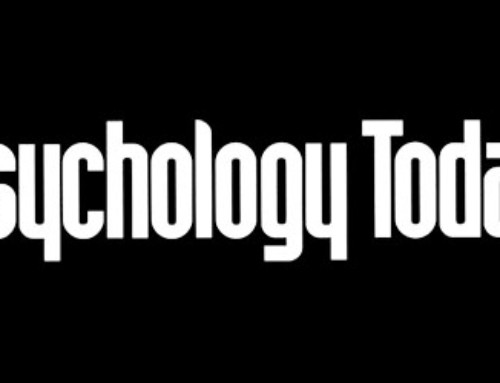Jon Ramer is a software entrepreneur turned social engineer, a civic leader, a community organizer, an inventor, and a musician. He is the designer and co-founder of several Deep Social Networks, including the Ideal Network. He was an organizational participant in Seeds of Compassion, an event in Seattle coordinated around the His Holiness the Dalai Lama’s 2008 visit to Seattle which focused on nurturing compassion throughout the world. Following the Seeds of Compassion, Ramer co-founded the Compassionate Action Network. Through the work of the Compassionate Action Network, Seattle became the first city in the world to affirm Karen Armstrong’s Charter for Compassion. In his initial role as Executive Director he conceived and launched the Ten Year Campaign for Compassionate Cities, which has spread to over 85 cities worldwide. He is also a songwriter and lead guitarist for the band Once And For All.
The first thing we heard about you was that you were the head of the Dept. of Compassion for the City of Seattle. Is this sort of true, or true?
There should be a Department of Compassion for the City of Seattle. I wish there was. If I were the head of such a department, it would be a co-creative leadership model anyway. Since there really are no experts when it comes to compassion. My partners and I always aspire to what I call a four-way partnership: bottom up, top down, outside-in and inside-out. There’s the grassroots, people inside an organization, and the collective ideas that make an organization thrive. With the Seeds of Compassion people all over our region have planted seeds and those seeds have taken hold and sprouted in a number of different initiatives, Compassionate Seattle and The Compassionate Action Network.
We’ve been working with the city council and the mayor. In fact, we got Seattle to be the first city to affirm the charter, meaning that if we could get 1,000 people to pledge time, talent, and treasure, the city would sign on. And we got well over 1,000 people. We do need to have compassion show up in the policies and priorities of Seattle and every city in America. And here’s a great starting point for every politician in every city and town in our country: budgets are moral documents.
We launched the Compassionate Seattle campaign as an international campaign for compassionate cities. And we’ve been working with other cities interested in creating a international campaign for compassionate cities. The first city to get involved in a big way in our compassion movement was Louisville, Kentucky. Louisville has a mayor who really gets it…he ran for office on compassion. So they challenged us, and that’s what led to us having the Compassion Games. They said they were the most compassionate city in the world. So, yeah, it’s about bringing in ideas from around the country and all over the world.
So, if you can live this stuff and authentically challenge yourself. One way I do this is to follow the indigenous principles that we’ve taken on known as the guiding principles. There are 16 of them in The Digital Fourth Way. There’s a summary statement that says starting from within, working in a circle in a sacred manner, we heal ourselves and our relationships in the world. I wrote a paper with Chief Phil Lane Jr. on deep social networks and The Digital Fourth Way.
Should city and state governments have departments dedicated to such things as compassion? Maybe a Department of Compassion and Cooperation?
Absolutely. If you really believe this notion that this is a government by the people and for the people…it’s obvious people need help. People need a government that’s more responsive to the concerns of the people. So what’s arisen in response to the failure of government in a lot of ways to address these concerns is the notion of collective impact. This is a term I first read in a Stanford Social Innovation Review article. And it basically said that our problems are bigger than government can fix, or any one agency within government can fix.
So we have to come together, work together. This goes back to the 4-way partnership, and co-creative situational leadership idea. Collective Impact says you need these five conditions. You’ve got to have some common agenda, have a shared measurement, mutually reinforcing activities, continuous communication, and some infrastructure that can support an effort for collective impact. So we’ve positioned our whole Compassionate Seattle and our 10-year campaign to create collective impact.
Government has an important role to play, but everything can’t happen through government.
Compassion is about turning your empathy into action. And this can be reflected in the policies that get set. So yes, government has a role to play. Measuring results, and reflecting what’s most important to citizens in how our local economy works. People in Vancouver’s city government did an extensive survey and what showed up as being most important? Belonging, connectedness, and the feeling of community.
You were a software entrepreneur, and now you’re a social engineer. Can making people more compassionated be engineered?
People don’t resist change so much as they resist being changed. There’s a term I use: authentic seduction. This is a skill the best political and social leaders all have. What leaders do is invent games, whether it involves creating a Department of Peace or Compassion, or having a contest to see who has the most compassionate city, or playing The Compassion Games.
People know we have to change. There’s a well known Chinese proverb that says, “If we don’t change our direction, we’re likely to wind up where we’re headed.” If you want to change society and you don’t start from within, you lost the moral credibility needed to transform society. I feel challenged to lead the kind of life I’m advocating. There shouldn’t be a gap in authenticity. My teacher calls how most people interact cordial hypocrisy. We should be demonstrating what a more compassionate world would be, what it would look like. If we’re not being compassionate you should call us on it.
Native Americans have a notion of emptying, not venting. As a society we don’t have safe and supportive places for people to empty themselves. There’s a lot of walking wounded, carrying around a lot of baggage. And we have a real need for safe places for people to let out all the anger and frustration that modern society has dumped on us.
Do you think our culture is going through a period of reinvention?
Oh yes. First off, what people don’t know is more half the population of the planet is under 25. There’s a huge youth empowerment issue going on. You’ve got young people all over the planet who don’t have any employment now. Creating a sustainable, positive economic future is essential. In the United States it isn’t to that extreme, but I’ve had a chance to work with global organizations, and I’ve seen firsthand how this is a critical issue that needs to be addressed.
And this leads to the problem of inter-generational equity. Like it or not, we’re going to see more uprisings on the street. The good news is the global youth uprising has the potential to turn into a global transformation, and the power balance will shift.
Thanks to the connectivity of the Internet young people identify themselves as global citizens. A global shift is occurring. They no longer see race or sexual orientation as earlier generations saw these things. The vision is for us to connect through our similarity, but innovate through our diversity. In this way diversity becomes a source of strength, which is what we need to face our overwhelming challenges.





